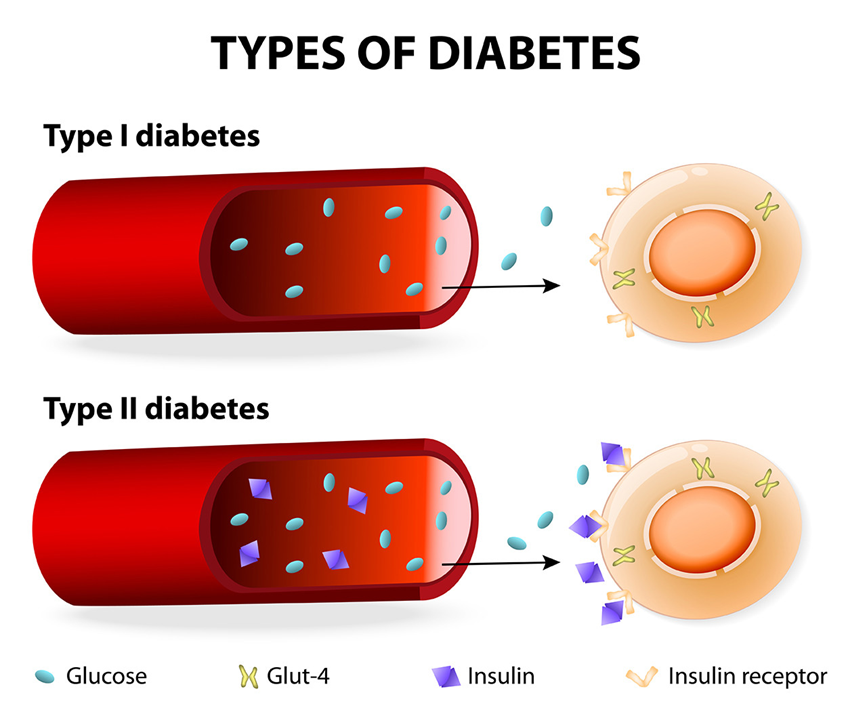A nurse is discussing the plan of care for a school-age child who was recently diagnosed with diabetes mellitus with the child's parents. The family of three is living on a tight budget because the father's business has been closed due to the COVID-19 lockdown. Which of the following factors requires attention from the nurse?
The elementary school is closed and students are learning remotely.
The power company has issued a lenient notice for back payment of debt.
The family may not be able to see preferred providers due to increased health insurance costs.
The family enrolled in the Supplemental Nutrition Assistance Program to receive extra food benefits.
The Correct Answer is C
Choice A Reason:
The closure of the elementary school and the shift to remote learning is a significant change for the child and family. However, it does not directly impact the child's diabetes management. The nurse should be aware of this change as it may affect the child's routine and stress levels, but it is not the primary concern in managing diabetes.
Choice B Reason:
The lenient notice from the power company regarding back payment of debt is a relief for the family, but it does not directly affect the child's diabetes care. While financial stability is important, the immediate concern for the nurse is ensuring the child has access to necessary medical care and supplies.
Choice C Reason:
The family may not be able to see preferred providers due to increased health insurance costs. This is a critical issue because access to preferred healthcare providers is essential for managing the child's diabetes effectively. Consistent care from knowledgeable providers ensures proper monitoring, education, and adjustments to the child's treatment plan. Without access to these providers, the child's health could be compromised.
Choice D Reason:
Enrollment in the Supplemental Nutrition Assistance Program (SNAP) to receive extra food benefits is beneficial for the family's overall nutrition. However, it does not directly address the specific needs related to managing diabetes. While good nutrition is important, the primary concern is ensuring access to specialized medical care.

Nursing Test Bank
Naxlex Comprehensive Predictor Exams
Related Questions
Correct Answer is B
Explanation
Choice A Reason:
A client who has health insurance but requires a supplemental policy is not typically eligible for Medicaid based solely on this need. Medicaid is designed to provide health coverage for individuals with low income and limited resources. While supplemental policies can help cover additional costs, they do not qualify someone for Medicaid.
Choice B Reason:
A client whose income is below the poverty line is eligible for Medicaid. Medicaid is a means-tested program that provides health coverage to low-income individuals and families. Eligibility is primarily based on income and, in some cases, other factors such as disability or family status. This choice aligns with the primary eligibility criteria for Medicaid.
Choice C Reason:
A client who has health insurance from their job but is recently unemployed may qualify for Medicaid if their income falls below the eligibility threshold. However, the key factor is the income level, not the employment status alone. If the client's income remains above the poverty line despite unemployment, they may not qualify for Medicaid.
Choice D Reason:
A client who is a young adult between the ages of 18 to 25 does not automatically qualify for Medicaid based on age alone. Eligibility for Medicaid is primarily determined by income and other specific criteria. While some young adults may qualify under certain circumstances, age alone is not a determining factor.
Correct Answer is A
Explanation
Choice A: Hearing Loss
Hearing loss is a common pathophysiology among manual labor workers due to exposure to high levels of noise in the workplace. Prolonged exposure to loud machinery, tools, and equipment can lead to noise-induced hearing loss (NIHL). This condition is preventable with proper use of hearing protection and adherence to occupational safety guidelines.
Choice B: Multiple Sclerosis
Multiple sclerosis (MS) is a chronic autoimmune disease that affects the central nervous system. It is not typically associated with environmental pollutants or hazardous exposure in the workplace. MS is believed to be caused by a combination of genetic and environmental factors, but it is not a common condition among manual labor workers due to occupational hazards.
Choice C: Influenza
Influenza is a viral infection that affects the respiratory system. While manual labor workers can contract influenza, it is not directly related to hazardous exposure or environmental pollutants in the workplace. Influenza is more commonly spread through person-to-person contact and is preventable through vaccination and good hygiene practices.
Choice D: Alopecia
Alopecia refers to hair loss, which can be caused by various factors including genetics, autoimmune conditions, and stress. It is not typically associated with hazardous exposure or environmental pollutants in the workplace. Manual labor workers are not at a higher risk of developing alopecia due to their occupational environment.
Whether you are a student looking to ace your exams or a practicing nurse seeking to enhance your expertise , our nursing education contents will empower you with the confidence and competence to make a difference in the lives of patients and become a respected leader in the healthcare field.
Visit Naxlex, invest in your future and unlock endless possibilities with our unparalleled nursing education contents today
Report Wrong Answer on the Current Question
Do you disagree with the answer? If yes, what is your expected answer? Explain.
Kindly be descriptive with the issue you are facing.
